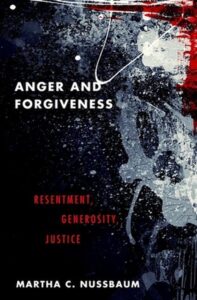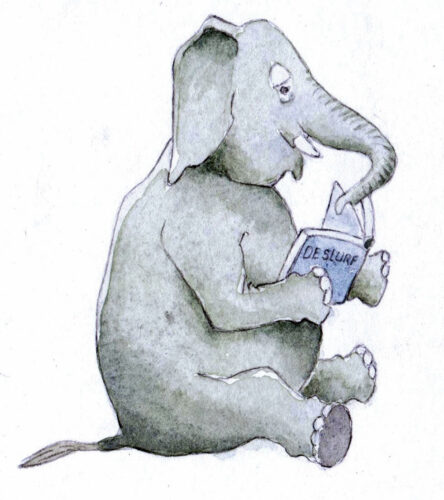A blog by Frits Koster
Forgiving sounds so easy but it turns out to be far from easy. When light things have gone wrong – at the hands of ourselves or others – we can easily brush our hand over the heart. Especially when something has gone wrong for the first time, this proves very valuable: we start all over again. In the case of important relationships in our lives, this is very useful, it is called the evolutionary value of forgiveness.
However, sometimes forgiveness proves to be unattainable (yet) because a lot of anger, resentment or disappointment can be felt internally. Then forgivingness turns out to be a better fit; there is a willingness or openness and a benevolent attitude or desire such as “May there ever be softening in me” or “I grant that someday we can live together again on good terms.
 Sometimes another word turns out to fit just a little better, too. For example, I know many people who react a little allergic to the word “forgive”. This often has to do with an upbringing in which forgiveness was interpreted more as a normative must rather than a wise choice. A word like “reconciliation”, “resignation”, “mitigation” or “finding peace with” may then be more accessible.
Sometimes another word turns out to fit just a little better, too. For example, I know many people who react a little allergic to the word “forgive”. This often has to do with an upbringing in which forgiveness was interpreted more as a normative must rather than a wise choice. A word like “reconciliation”, “resignation”, “mitigation” or “finding peace with” may then be more accessible.
And sometimes all these words turn out to be no entry point. Usually the injury or damage is then too great or too fresh. Compassion may be included here as well; after all, forgiveness is more about a process than about achieving a goal. And sometimes this can be a process of many years.
In this sense, Martha Nussbaum argues in her philosophical book “Anger and Forgiveness” (Oxford University Press, 2018) for a non-resenting attitude. Actually, this is a beautiful synonym for equanimity: a non-judging attitude where we can be mindful in relation to the painful feelings and also begin to recognise all kinds of thoughts and feelings of anger, sadness, disappointment, bitterness as part of the process.
So mindful recognition can be understood more in this, not as an “extermination service” but more as an “integration service”. I myself have found that, at least as a result, I am not so likely to fall into (sickening) resentments and revenge or – if they did arise – more easily just have to contemplate them without having to do anything further with them. Thus an inner equanimity can gradually emerge that can be surprisingly accommodating, especially when the harshness we may experience toward ourselves or others is still very fresh and raw.
All these processes may perhaps belong to the practice of forgiveness. To support this, we have developed the Mindfulness-Based Training in Forgiveness (MBTF). Now it may seem like you have to have especially heavy themes to participate but, of course, they could just as easily be very light collisions. After all, in our relationships with ourselves and with others, we all encounter life’s imperfections. Even the exploration of light themes turns out to be very enriching and broadening, as a deepening of compassion and equanimity.
– Frits Koster, August 2023

